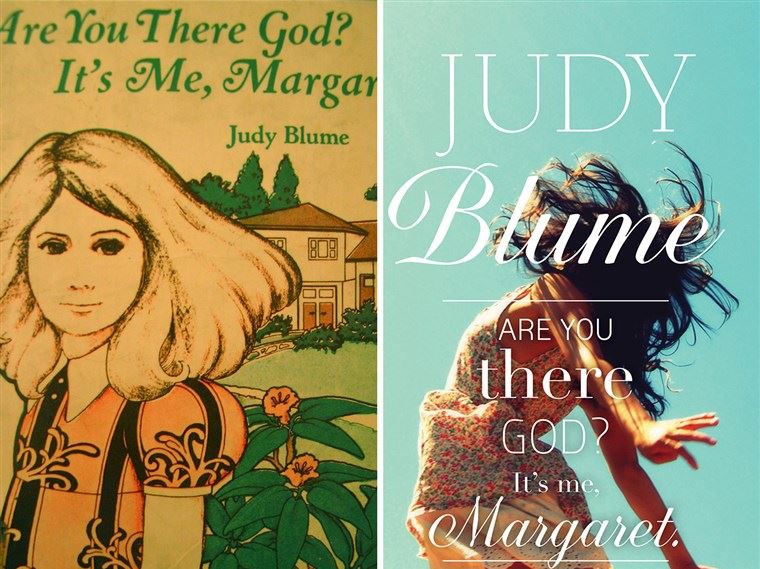

Is that right?īLUME: Well, it was certainly a surprise when that started. And I got the sense that you found those letters, that response, the way young people connected with your fiction, that you found that real-life communication as satisfying as writing the books was. KELLY: I wanted to ask about the letters, because this is kind of - the backbone of the movie is all through, we see you, Judy Blume, reading letters. KELLY: This is Leah Wolchok, the other director.īLUME: And I was very comfortable with Davina and Leah, their generosity and their care with women who had written to me as kids that they interviewed and brought on camera. And George, my husband, and I both liked Davina a lot, but we still weren't sure. And I think over two years of emailing back and forth, getting to know each other a little bit, bringing on Imagine documentaries.īLUME: First we had breakfast, because I wanted to meet Davina.īLUME: And it was a very sweet breakfast. You know, we struck up an email correspondence, and I remember in that very first email, she was honest, as she always is, and open about her concerns. Judy says you helped her understand why this would be a good idea. KELLY: All right, Davina, that cues you up.

And then I started to think it would be a good thing to do while I'm still alive and can participate. But Davina helped me understand it would be a good thing to do. I was just thinking, did I want to do this? And I just didn't want to do it. KELLY: Did you think we wouldn't be interested, or.īLUME: No, I didn't think at all about an audience. Why were you reluctant to tell your story?īLUME: I - because it's about me. KELLY: Judy, I am told that you were initially hesitant about making this documentary, which kind of surprises me because you're so candid and so open and so out there in your fiction. Now Blume's own story, how she came to write "Margaret" and 23 other books, is front and center in the new documentary "Judy Blume Forever." Judy Blume herself and one of the directors of that film, Davina Pardo, join me now from our New York offices. Writing honestly for adolescent readers about puberty and sex is not unusual today in 2023, but in the '80s, when I read "Margaret," and in 1970, when it was first published, it was revolutionary. Through the story of 11-year-old Margaret Simon, we learned about getting our periods, about bras, about friendships, about sex and so much more. It was digging into "Are You There, God? It's Me, Margaret" by Judy Blume. For girls coming of age in the '70s and '80s, girls like me - and to be clear, I came of age at the later end of that timeline - there was a rite of passage.


 0 kommentar(er)
0 kommentar(er)
